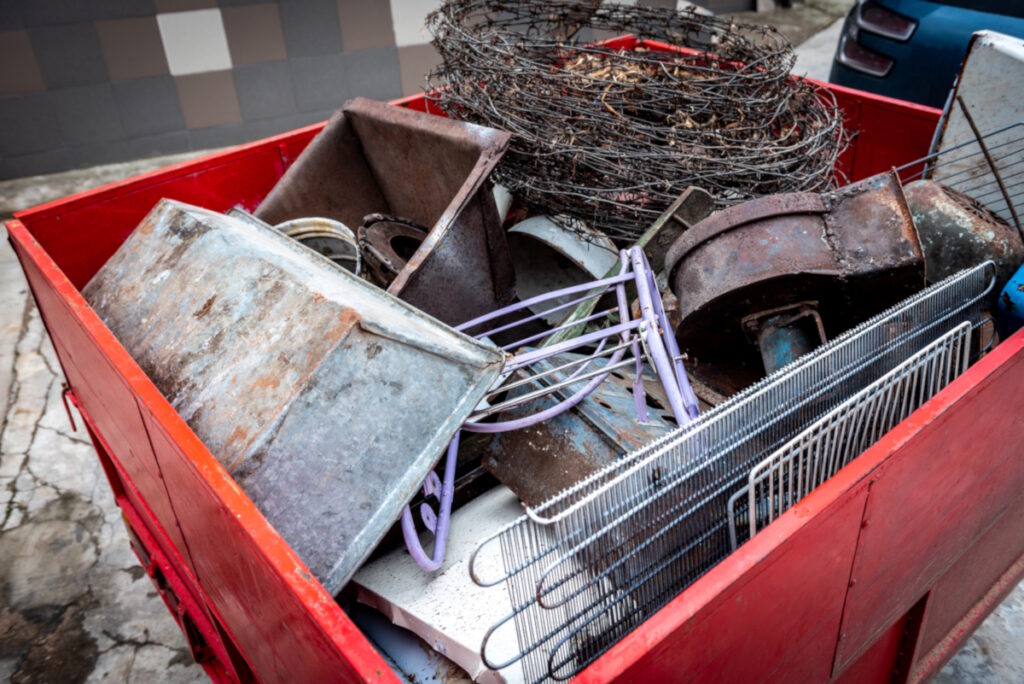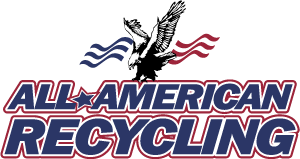Recycling metal is a profitable endeavor in Texas, where the state’s regulations ensure safe and environmentally friendly practices. However, these regulations can sometimes pose challenges for sellers, especially when it comes to getting paid for their materials. Understanding the rules and implementing strategies to streamline the process can help you maximize profits while staying compliant. This article will explore the key Texas regulations on selling and recycling metal and offer tips to make your experience more efficient and hassle-free.
Understanding Texas Metal Recycling Regulations
In Texas, the sale and recycling of metal are governed by strict regulations designed to prevent theft and ensure safe practices. The primary law regulating metal recycling is the Texas Occupations Code, Chapter 1956, which outlines specific requirements for both sellers and recyclers.
Key Requirements for Sellers
1. Identification and Documentation
Sellers must provide a valid government-issued ID when selling certain types of metal. Recyclers are required to keep detailed records of these transactions, including the seller’s information, a description of the material, and the date of the sale.
2. Cash Transaction Limits
Texas law limits the amount of cash that can be paid to sellers for certain regulated metals. For example, cash payments for copper or aluminum wire are capped at $25 per transaction. Any amount over this limit must be paid by check, money order, or electronic funds transfer.

3. Waiting Periods and Restrictions
Some transactions, particularly those involving regulated metals like copper, brass, and aluminum, may be subject to a 72-hour waiting period before the recycler can pay the seller. This is intended to give law enforcement time to investigate potential theft.
4. Prohibited Items
Texas law prohibits the sale of certain items, such as beer kegs and certain utility wires, unless the seller can provide proof of ownership or a valid license.
Tips for Making Metal Recycling More Efficient and Easier
Navigating these regulations can be challenging, but with the right approach, you can minimize the hassle and make your metal recycling business more efficient. Here are some practical tips:
1. Stay Organized with Documentation
One of the most common challenges sellers face is managing the paperwork required by Texas law. To streamline this process, create a system to keep all necessary documents organized and easily accessible. This might include digital copies of IDs, transaction records, and proof of ownership for specific items. Being prepared with all required documentation can speed up transactions and reduce the likelihood of delays.
Scrap metal dealers must maintain detailed records of all transactions, including:
- Seller Information: Name, address, and a copy of a government-issued photo ID.
- Description of Scrap Metal: Type, weight, and description of the metal being sold.
- Vehicle Information: License plate number of the vehicle used to transport scrap metal.
- Transaction Details: Date and time of the transaction and the amount paid.
Knowing this, sellers of scrap metal recycling can prepare the necessary information in advance to make the process smoother for scrap metal companies who buy and recycle metal.

2. Consider Bulk Transactions
If you frequently recycle metal, consider consolidating your transactions into larger, less frequent sales. This approach can help you avoid the cash transaction limits imposed by Texas law, as you’ll be more likely to receive payments via check or electronic transfer. Additionally, bulk transactions may allow you to negotiate better rates with your recycler.
3. Plan Ahead for Regulated Materials
For materials subject to waiting periods or other restrictions, it’s important to plan your transactions in advance. Understand the specific rules for each type of material you’re selling and build in extra time to account for any required waiting periods. By anticipating these delays, you can avoid unexpected interruptions in your cash flow.
4. Stay Informed About Legal Changes
Texas regulations for metal recycling can change, and staying informed about any updates is crucial for maintaining compliance. Subscribe to industry newsletters, join local recycling associations, or follow relevant news sources to ensure you’re aware of any changes that might affect your business. Staying ahead of regulatory shifts can help you adapt quickly and avoid penalties.
5. Choose the Right Recycler
Not all metal recyclers are the same. Some have more experience dealing with the specific requirements of Texas regulations, which can make your experience smoother. Look for recyclers who are knowledgeable about state laws, have a good reputation, and offer convenient payment options. Establishing a relationship with a trusted recycler can save you time and effort in the long run.

All American Recycling in Austin: Experienced Experts in Metal Recycling
Recycling metal in Texas is a profitable venture, but it comes with a set of regulations that can be challenging for sellers. By understanding the key requirements and implementing strategies to streamline your process, you can make metal recycling more efficient and reduce the challenges associated with getting paid. Staying organized, choosing the right recycler, and staying informed about legal changes are all essential steps in ensuring your metal recycling efforts are successful and compliant with Texas law.
Do you have scrap metal recycling to sell? All American Recycling in the Austin area is your one stop shop for scrap metal recycling. We buy and sell scrap metal, adhering to all Texas state laws and regulations and with the safety of customers in mind. Plus, metal recycling helps the environment. To learn more about the specific items we accept, schedule a drop-off, or for daily prices, call us at 512-243-1183.

